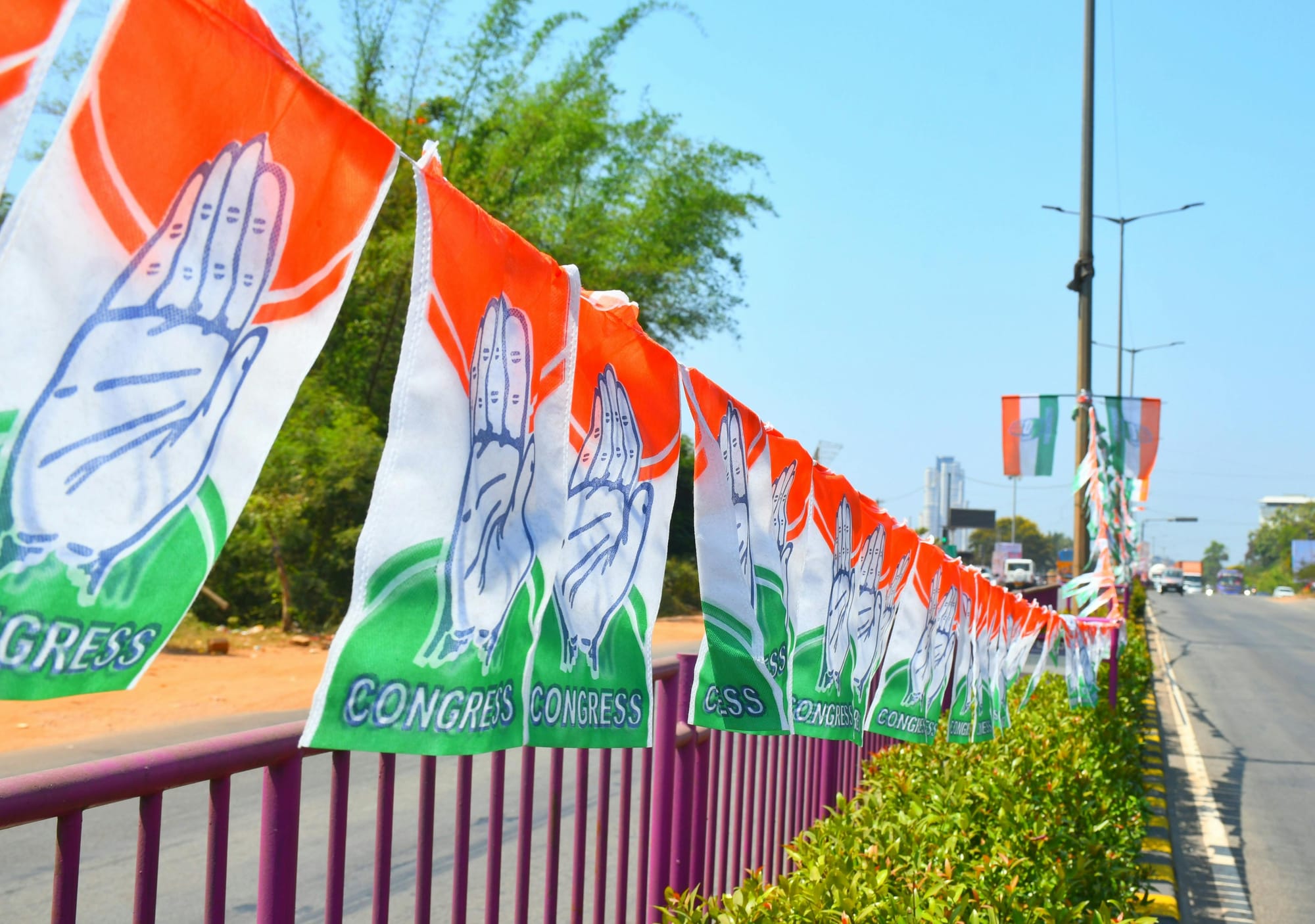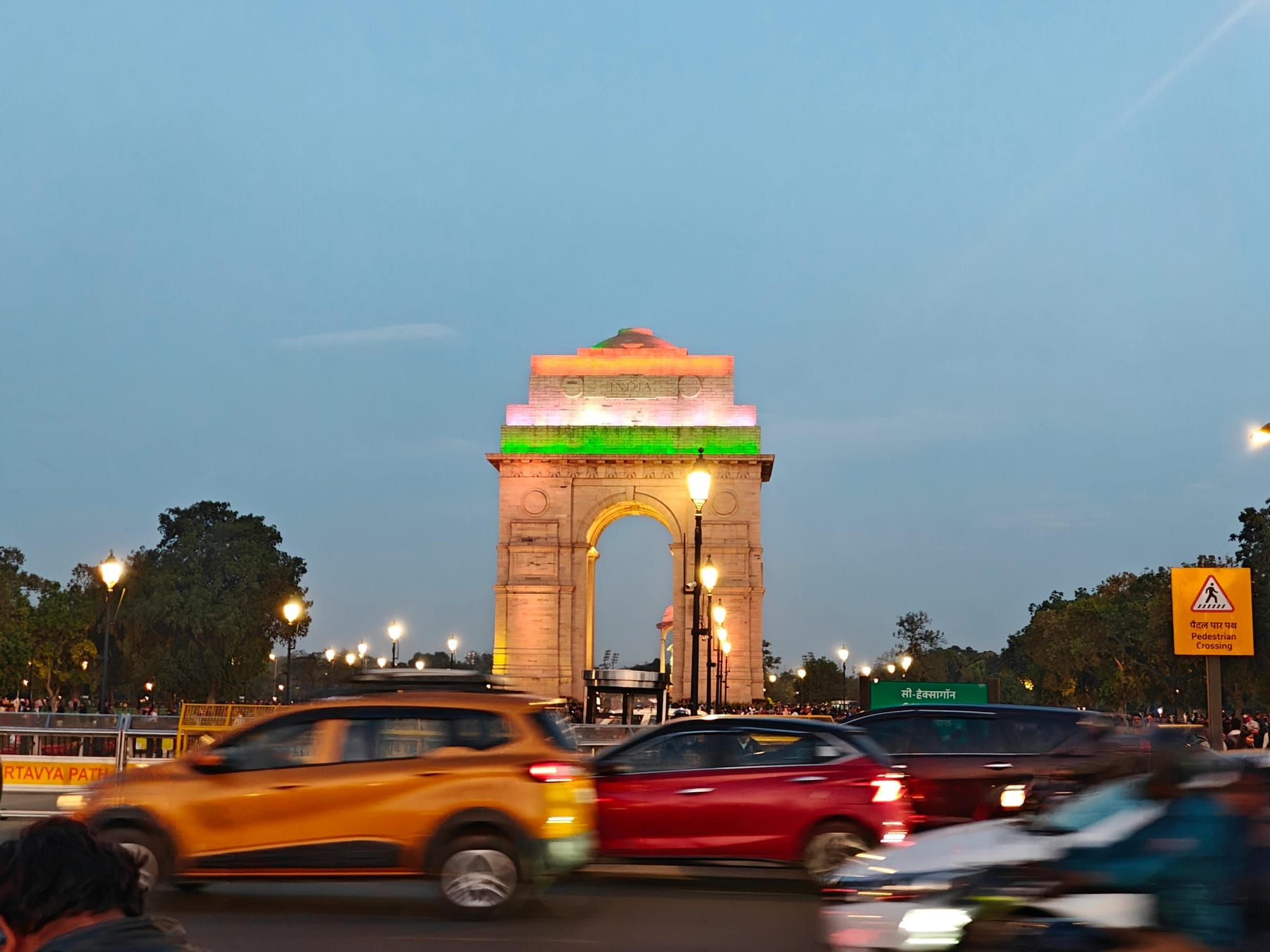

The National Capital Territory of Delhi is also set for the 8th Legislative Assembly elections on 5 February 2025. With the Aam Aadmi Party trying to regain the public's trust after the Kejriwal liquor scam setback and the BJP doing its best to make a political comeback in Delhi, it is important for the public to understand the significance these elections hold in the trajectory of the city's development.
The First Assembly Elections of Delhi (1952)
The Delhi Legislative Assembly came into existence on March 7 , 1952 under the Government of Part C States Act, 1951 & Home Minister K. N. Katju inaugurated it. The Assembly consisted of 48 members and functioned alongside a Council of Ministers, which primarily served as an advisory body to the Chief Commissioner of Delhi while also holding legislative powers. Brahm Prakash led the first Council of Ministers, becoming Delhi’s first Chief Minister.
In 1953, the States Reorganisation Commission was established, paving the way for a significant constitutional shift. This led to the enactment of the States Reorganisation Act of 1956, which came into force on 1st November 1956. As a result, Delhi shed its status as a Part-C State and was transformed into a Union Territory, coming directly under the administration of the President of India. Moreover, the Delhi Legislative Assembly and the Council of Ministers were abolished.
Delhi Metropolitan Council (1966)
The Delhi Administration Act of 1966 stated that the administration of Delhi will be governed by the Delhi Metropolitan Council, with 56 elected and five nominated members with the Lt. Governor of Delhi as its head. However, the Council had no legislative powers, but they did have an advisory role in the governance of the capital. This Council functioned till 1990, after which Delhi began its journey of becoming a Union Territory with a state legislative assembly.
Delhi Assembly Elections (1993)
The Delhi Legislative Assembly, as we know it today, came into existence through the Constitution (Sixty-ninth Amendment) Act, 1991, and the subsequent Government of National Capital Territory of Delhi Act, 1991. This amendment granted Delhi the status of the National Capital Territory (NCT), replacing the previous governing council. It also outlined the constitutional framework for the Legislative Assembly and the Council of Ministers, shaping the governance of the region. The Assembly operates on a five-year term, and the current seventh assembly was elected in the 2020 Legislative Assembly elections.
Current Scenario of Delhi’s Government
The Aam Aadmi Party has been the forerunner in the Delhi Assembly elections for three consecutive terms. With their anti-corruption slogans and freebie schemes, they have made it into the hearts of millions of Delhi residents over the years.
But as time has passed, the shortcomings of the Aam Aadmi Party have come to light: the Delhi liquor scam, the poor administrative decisions, and the Rao IAS water logging incident have all together tainted the once pristine image of the Aam Aadmi Party among the citizens. Although the party claims that it’ll come back to power once again, a lot of political analysts have been skeptical about these claims.
The rocky past of the BJP and Delhi
Over the years, the BJP has been trying to earn the trust of the Delhi citizens and paint a beautiful picture of forthcoming development and innovation, but all their attempts have proven to be futile. The Delhi voters seem to have a very interesting preference when it comes to choosing their leaders. Trends have been observed that the BJP has won the Lok Sabha elections in Delhi several times, but they’ve never won the Assembly elections after the 1993 elections.
Congress and Delhi: Trust or Mistrust?

The Indian National Congress had great control over the political landscape of Delhi for years until the Aam Aadmi Party gained popularity among the public. Delhi voters have entrusted Congress with their administration more than once. Congress has also been praised by political analysts for their stronghold over the Delhi voters. But their financial scams and corrupt actions could not go unnoticed, which has proven to be one of the most important factors in the decline.
What is next for Delhi?
Voters casted their votes in the 8th Delhi Assembly Elections on 5th February 2025. Soon after, the results of the elections were announced on 8th February, 2025, with the BJP emerging victorious. BJP won 48 seats out of 70 whereas, AAP succumbed to 22 seats only. These results have proven to be a major setback in AAP’s political hold over Delhi.

Rekha Gupta, the new CM of Delhi
With Rekha Gupta being announced as the Chief Minister Designate of Delhi, the internet has been flooded with contradicting reactions, some people have come in support of the BJP’s decision, whereas, some Twitter users have condemned this decision. She assumed the Office of the Chief Minister of Delhi by taking an oath in the Oath Ceremony organized in Ramlila Maidan on 20th February 2025.
Conclusion
Yamuna and its almost poisonous water was one of the most highlighted issues during the elections. BJP seems to have started their 3-year long project of cleaning the river Yamuna by deploying water treatment machines. There are other major issues like bad air quality, drinking water crises, women’s safety, etc that the BJP needs to tackle during their tenure. The citizens of Delhi seem very hopeful about the next 5 years, it will interesting to see the BJP’s style of administration and their stance on the pre-existing policies introduced by the AAP.
